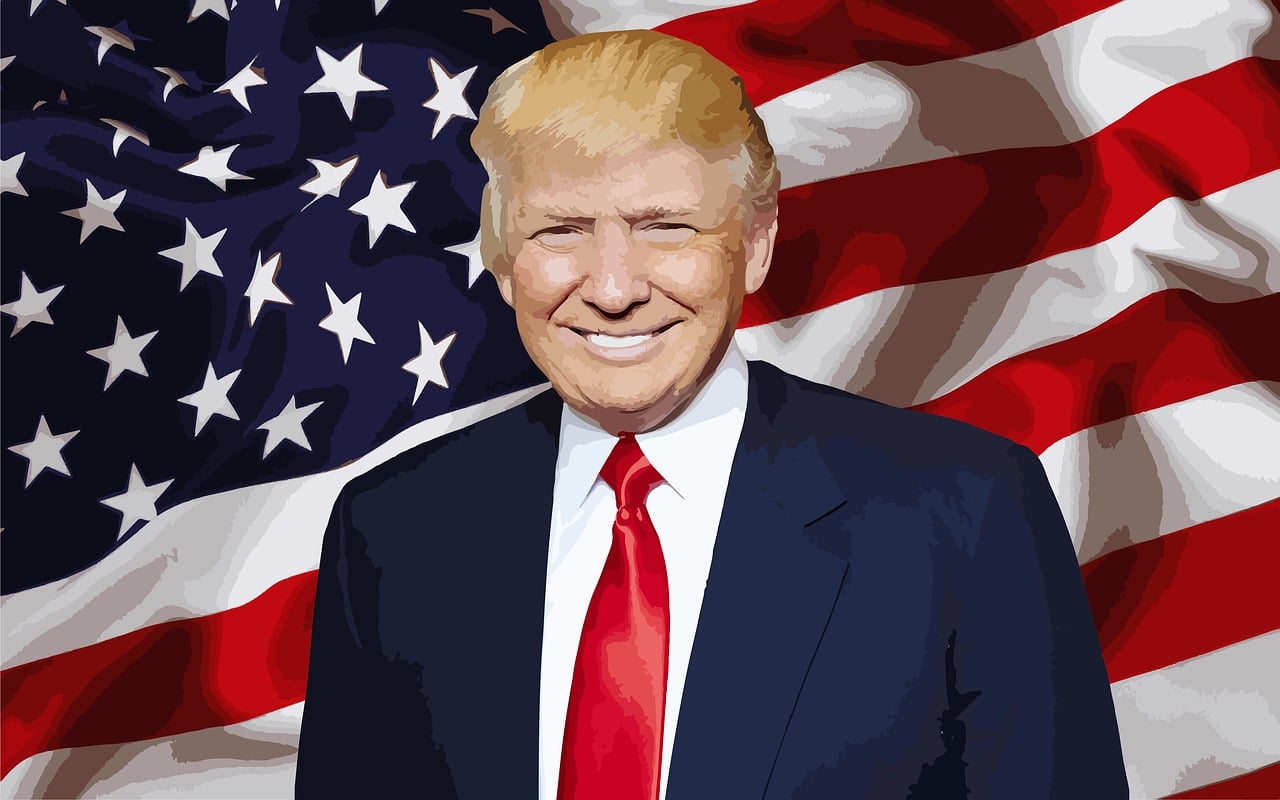President Donald Trump is an inveterate gambler – but not a very successful one. After all, how many billionaires do you know who have managed to go bankrupt four different times?
Q1 2020 hedge fund letters, conferences and more
Trump Opposes The $3 Trillion Economic Stimulus Bill
Just three weeks ago he made perhaps the most foolish gamble of his political life by opposing the $3 trillion economic stimulus bill passed by the Democratic controlled House of Representatives. Hours later, he declared that the bill would be “dead on arrival” when it reached the Republican controlled Senate. Senate Majority Leader Mitch McConnell just could not find the time for the Senate to even begin consideration of the bill, let alone make any serious effort to pass it.
The Democrats’ rationale for passing their $3 trillion economic stimulus bill is that the salutary effects of the earlier bill have not be enough to ensure a rapid economic recovery. Our economy needs another massive boost, which would extend and reinforce the beneficial effects of the first stimulus bill.
The new bill allocates $1 trillion in financial aid to state and local governments that had run up huge budget deficits battling the coronavirus. It also provides hundreds of billions for a second round of stimulus checks (undoubtedly to be graced by the president’s signature), additional hundreds of billions to extend unemployment insurance benefits, and tens of billions more for food assistance.
What's The Hurry?
But the president and leading Senate Republicans asked, “What’s the hurry?” Why not sit back and see how the first $2.3 trillion economic stimulus package passed by Congress in late March actually worked out.
This is not an unreasonable suggestion. After all, if the federal government is not getting a big enough bang for its bucks, then why make the same mistake twice?
And so, since there’s no hurry, and the Senate is so busy taking up other matters, let’s just wait until July 20th when it returns from its two-week July 4th break. By then, not only will we have a better idea of how effective the first economic stimulus bill was, but there will still be plenty of time to consider the $3 trillion Democratic proposal.
This is not the most astute political move. In fact, the timely passage of this bill may have provided Trump’s only chance of reelection. Until our economy sank into the toilet in mid-March, voters gave the president relatively high marks for his economic stewardship. Indeed, he is still betting his presidency on what had been his political strong suit.
But now, with our economy mired in the worse economic downturn since the Great Depression, you would think that Mr. Trump and his Republican Senatorial allies would welcome any massive government spending bill – especially the largest one of all time.
Government Spending Could End The Economic Downturn
Back in the 1930s, John Maynard Keyes – perhaps the greatest economist of the twentieth century – pointed out that every economic downturn could be ended by having the government boost demand for goods and services by spending large amounts of money, even if that incurred large budget deficits.
That was the purpose of the first huge economic stimulus bill passed in March. Did it work? Definitely! Was every dollar well spent? Definitely not! But just try to imagine if that bill had not been passed. Think of the tens of millions of Americans who would have been starving or being forced out of their homes. Or dying.
Like it or not, that spending bill gave the Trump presidency a very short-term lease on life. So now, this stable genius wants to wait another month and a half to see just how effective the first large economic stimulus bill was. You would think that that inveterate gambler would have taken the money and run.
When the Senate returns to work on July 20th, and finally manages to pass a scaled-down compromise bill, perhaps in early August, that will be far too late to save the Trump presidency. Even if the economy is finally in the early stages of a recovery, there won’t be enough fuel for the president’s proverbial rocket ship to set any speed records.





